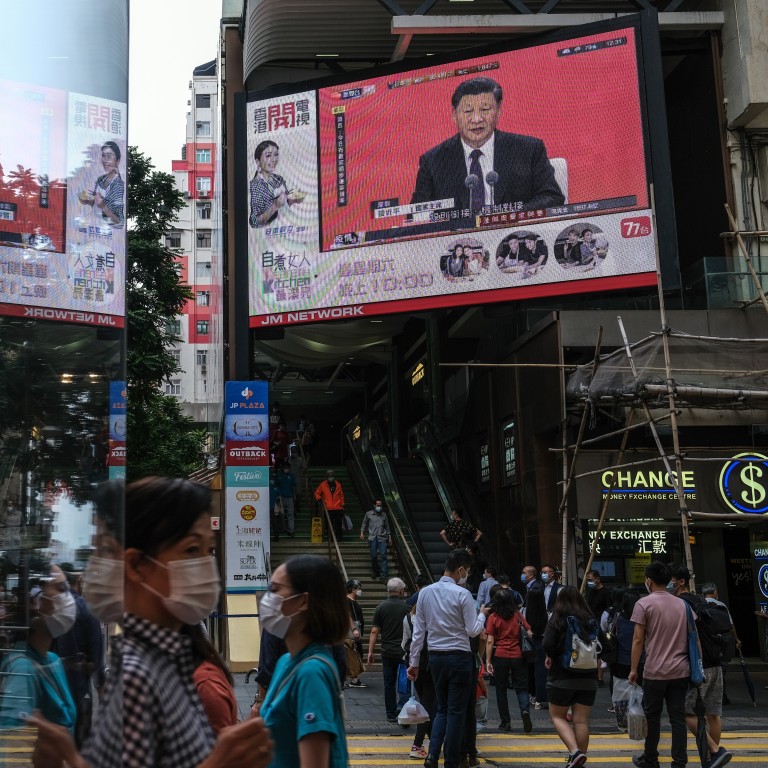
Hong Kong still has a place in Beijing’s grand reform plans for Shenzhen
- To stay at the forefront of China’s miraculous rise, Hong Kong has to identify its unique strengths and adapt. For example, the central government is forging ahead with the trial launch of a digital currency in Shenzhen, and Hong Kong can contribute
Four decades ago, Shenzhen was a fishing village just a stone’s throw away from Hong Kong. And not too long ago, the Shenzhen special economic zone was just known as China’s Silicon Valley. Now, however, its role and significance are set to expand dramatically.
It will relax restrictions on foreign companies seeking to enter traditionally sensitive sectors such as energy, technology and telecommunications. Furthermore, Shenzhen will aspire to be an international city by easing market access for foreign investors and helping foreign talent to work and live in the city. If all these measures are implemented successfully, it will transform Shenzhen.
Within the system of a socialist economy, Shenzhen is set to spearhead reforms. While in the past decades Hong Kong has served as a model for the socialist system to evolve towards, realistically this role will weaken as reforms in the mainland progress.
Celebrating Shenzhen’s success, state media omit Hong Kong’s critical role
When China started modernising, no city on the mainland had the global connections, commercial acumen and experienced professionals on a par with Hong Kong’s. Therefore, it was natural for China to look upon this city as a beacon, if not a model, of modernisation.

05:25
Hong Kong's competitive edge questioned as Xi says Shenzhen is engine of China’s Greater Bay Area
In addition, China has blazed its own trail, pursuing market-oriented reforms with Chinese characteristics, despite an increasingly volatile global economic and political environment. This is also sending Shenzhen and Hong Kong on divergent paths of development.
Yet, time is on Hong Kong’s side. Shenzhen has demonstrated its ability to transform from a backwater into a hi-tech metropolis, and in this regard, it might well point the way forward for Hong Kong.
Understandably, for Hong Kong, it requires tremendous courage and effort to adapt to being at a crossroads between an international capitalist economy and a socialist economy with Chinese characteristics. The city must strengthen its footing not only in the Greater Bay Area but also with regard to the rest of the country.
None of us in this city should feel pessimistic. Instead we should be energised to embrace the opportunities not only in Shenzhen but also in the rest of the country.
Ken Chu is group chairman and CEO of Mission Hills Group and a national committee member of the Chinese People’s Political Consultative Conference

